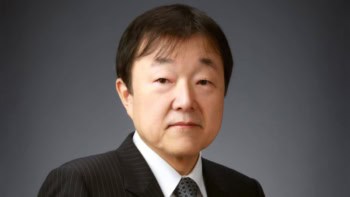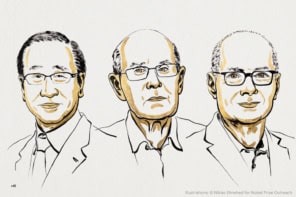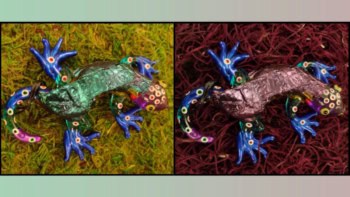The Japanese physicist Shuji Nakamura has lost his court case with the LED company Nichia Corporation over rights to his invention of the blue-light emitting diode and blue semiconductor laser. The Tokyo District Court has ruled that Nakamura does not own the patent to a semiconductor manufacturing process that he developed while working for Nichia. However, the court recognizes that Nakamura is entitled to a reward for the patent, and is now deciding how much he should receive.
Nakamura filed his lawsuit on 23 August last year, claiming ownership of the patent and requesting ¥2bn (about £10m) in compensation. The patent dates back to 1991 and relates to a vapour deposition technique that Nakamura used to produce indium gallium nitride, the active layer in Nichia’s blue LEDs and lasers. After commercializing the technology, Nichia’s annual sales grew from just over ¥20bn to ¥80bn in 2001, around 60% of which was generated by nitride-based LED products.
These figures reflect the fact that blue lasers could increase the storage capacity of compact discs and DVDs by a factor of four or five, and that blue LEDs, in combination with red and green LEDs, may replace conventional light bulbs.
When Nakamura filed each of the dozens of patents that he authored while at Nichia he received ¥10,000 (about £50) and the same amount when they were granted. During the development of the vapour deposition technology, Nakamura ignored written instructions from his superiors to stop working on blue LEDs.
Under Japan’s patent law, an employee owns a patent filed while working for a company, although the company also has rights to use the invention. However, the court accepted Nichia’s claim that it owned the patent because Nakamura “received ¥20,000 in reward and filed no objection for over 10 years after the patent application”.
The patent law also requires companies to reward their employees for patents that are transferred to the employer. The court in Nakamura’s case ruled that he is eligible for a “proper amount of rewards” and is now considering that aspect of the lawsuit.
Nakamura’s attorney said the decision upholding Nichia’s ownership of the patent was “totally unexpected” and that an appeal would be filed.


